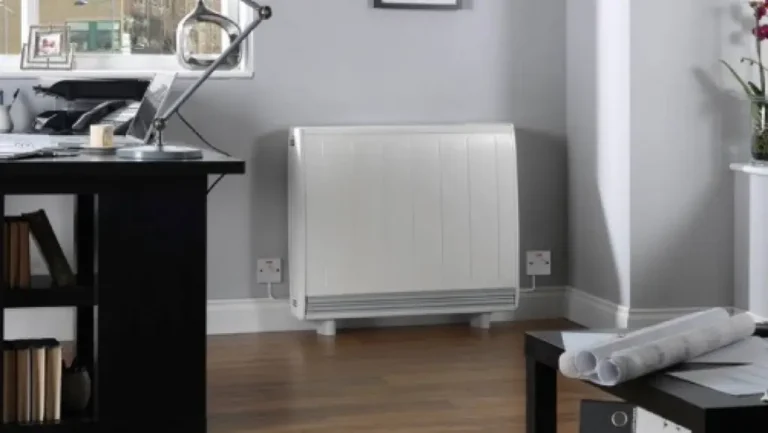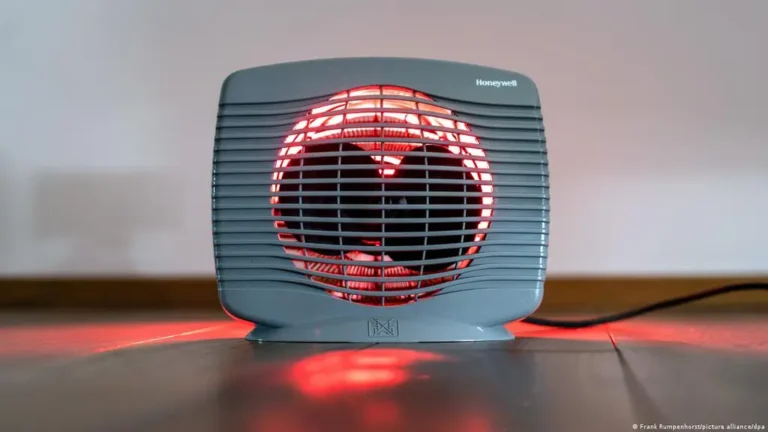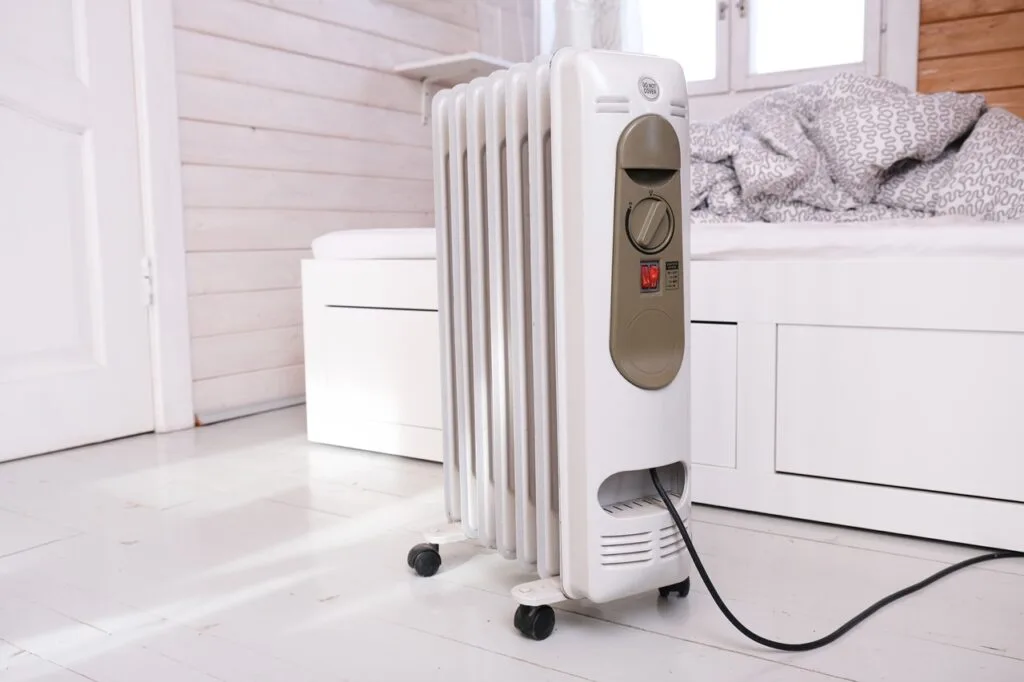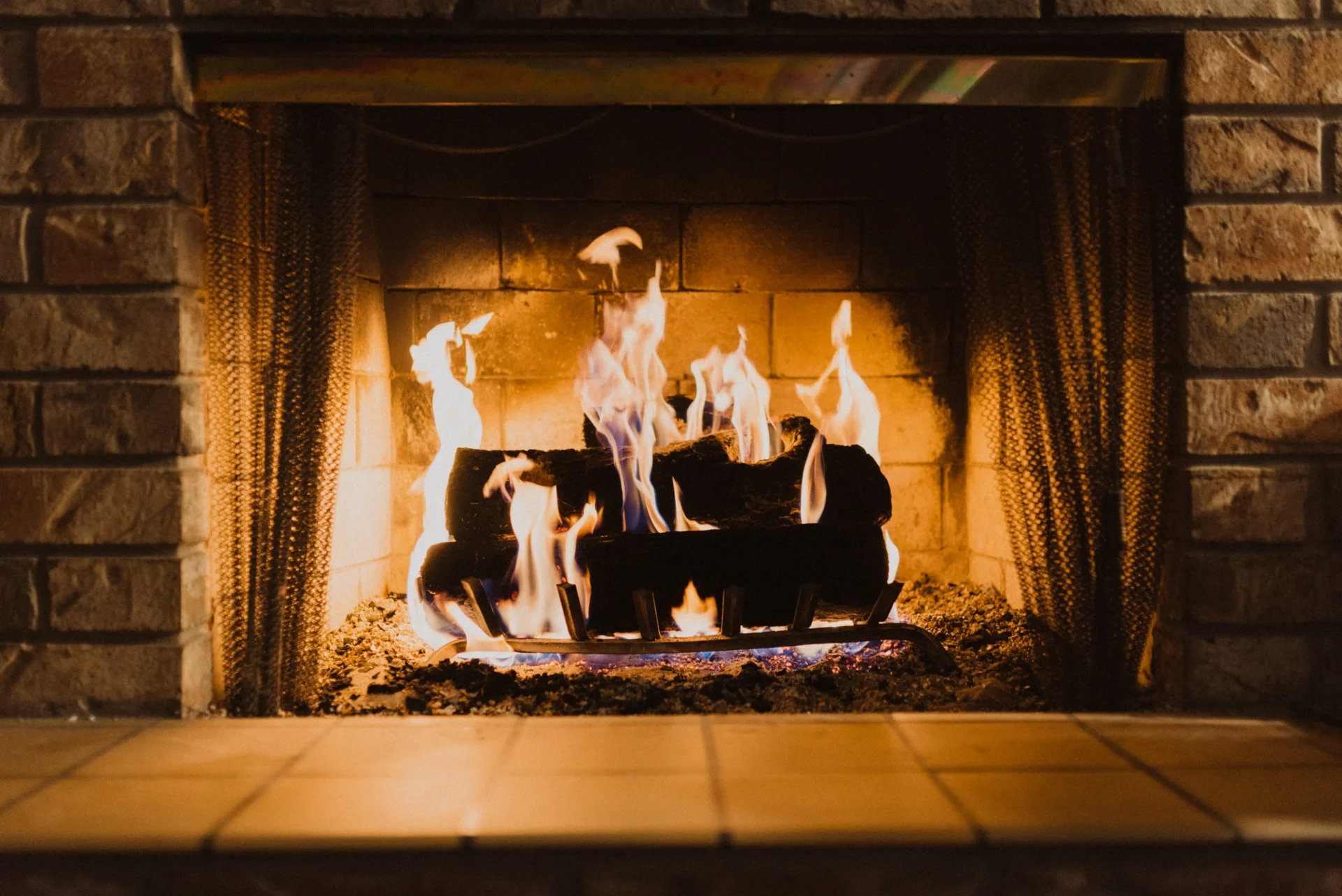Winter can be one of the most difficult times to get through, so it’s natural that many people want to do all they can, to keep themselves warm while they go through it. That being said, could you go without heating your home and driving up your energy bill? Probably not. What are we left with besides the common issue of heating our homes? Electric heaters an alternate form of heating that is both effective and sustainable! Read on to learn the pros and cons of this increasingly popular source of Winter warmth.
Who Should Consider Electric Heaters?

Anyone who is looking for an energy-efficient way to heat their home or office should consider electric heaters. Electric heaters are available in a variety of styles and sizes, so there is sure to be one that fits your needs. If you are concerned about the environment, electric heaters are a great choice because they do not release any pollutants into the air.
What are the benefits of electric heaters?
What Are The Main Advantages Of Electric Heating?
Electric heaters offer a number of advantages over other types of heating systems. They are 100% efficient, meaning all the energy they consume is converted into heat. This makes them very cost-effective, as you won’t have to pay for wasted energy. Electric heaters are also very safe, as there is no risk of carbon monoxide poisoning or fires. They are also very easy to install and maintain.
What Are The Disadvantages Of Using An Electric Heater?
Electric heaters have a lot of disadvantages. For one, they can be expensive to operate. They also can be a fire hazard if not used properly. Additionally, electric heaters can dry out the air in a room, making it uncomfortable to breathe.
Another disadvantage of electric heaters is that they can emit harmful chemicals into the air, which can be dangerous to your health. Additionally, electric heaters can be noisy, making it difficult to sleep or concentrate.
Aren’t All Electric Heaters The Same?

Not all electric heaters are the same. Some are more efficient than others and some use different methods to generate heat. The most common type of electric heater is the resistance heater. This type of heater uses electricity to create heat by converting electrical energy into thermal energy.
Other types of electric heaters include:
- Induction Heaters – These types of heaters use an electromagnetic field to generate heat. They are usually used for commercial or industrial applications.
- Infrared Heaters – These types of electric heaters emit infrared radiation, which is then absorbed by objects in the room, causing them to heat up.
- Microwave Heaters – Microwave heating works by using microwaves to cause water molecules in the air to vibrate, creating friction and resulting in heat.
How Do I Know What Type Of Heating Would Be Best For Me And My Family?

Most families use a central heating system in their homes to keep everyone warm during winter. With this type of system, you have a furnace that heats air and then sends it through ducts to different rooms in your home. You can also use a central heating system to supplement another type of heating system, such as baseboard heaters or space heaters.
There are several things to consider when choosing a central heating system for your home. One is the size of your home. If you have a large home, you’ll need a larger furnace to heat it adequately. Another thing to consider is the climate where you live. In colder climates, you’ll need a more powerful furnace to keep your home warm. You should also think about how often you’ll be using the furnace and what type of fuel it will use. Natural gas is the most common type of fuel used for furnaces, but propane and oil are also options.
If you’re not sure what type of central heating system is right for your home, talk to an HVAC contractor. They can help you choose the right size and type of furnace for your home and climate.
Tips On Using An Electric Heater:
If you’re looking for an easy way to keep your home warm this winter with fireplaces, an electric heater is the way to go. Here are a few tips on how to use an electric heater to make your winter a whole lot warmer:
- Pick the right size for your space. Electric heaters come in all different shapes and sizes, so it’s important to choose one that will be appropriate for the space you want to heat.
- Place your electric heater in the right spot. You’ll want to place your heater in a spot where it can circulate the air well, such as near a window or door.
- Use a timer to save energy. Many electric heaters come with timers, so you can set them to turn off after a certain amount of time. This will help you save energy and money on your heating bill.
- Keep children and pets safe around electric heaters. It’s important to keep children and pets away from electric heaters, as they can be a fire hazard. If you have children or pets in the home, make sure they know not to touch or play with the heater.
Ranking Criteria - Life Span, Energy Efficiency, Installation, Clearance Requirements:
When ranking electric heaters, the three main criteria are life span, energy efficiency, and installation clearance requirements.
- Life span – How long will the heater last? This is important to consider because replacement costs can add up over time.
- Energy efficiency – What is the heater’s energy efficiency rating? The higher the rating, the more efficient the heater and the lower your energy bills will be.
- Installation clearance requirements – What are the minimum clearance requirements for installing the heater? This is important to know because it will determine where you can install the heater in your home.
When choosing an electric heater, there are several ranking criteria to keep in mind. These include:
- Life span: How long the heater will last before needing to be replaced.
- Energy efficiency: How much heat the heater produces per unit of energy used.
- Installation: How easy it is to install the heater.
- Clearance requirements: How much space is needed around the heater for safety purposes.
Conclusion:
There are many great reasons to invest in an electric heater this winter. They are very affordable, easy to find, and can make a huge difference in your overall comfort. If you have been struggling to keep your home warm during the colder months, an electric heater may be exactly what you need.







